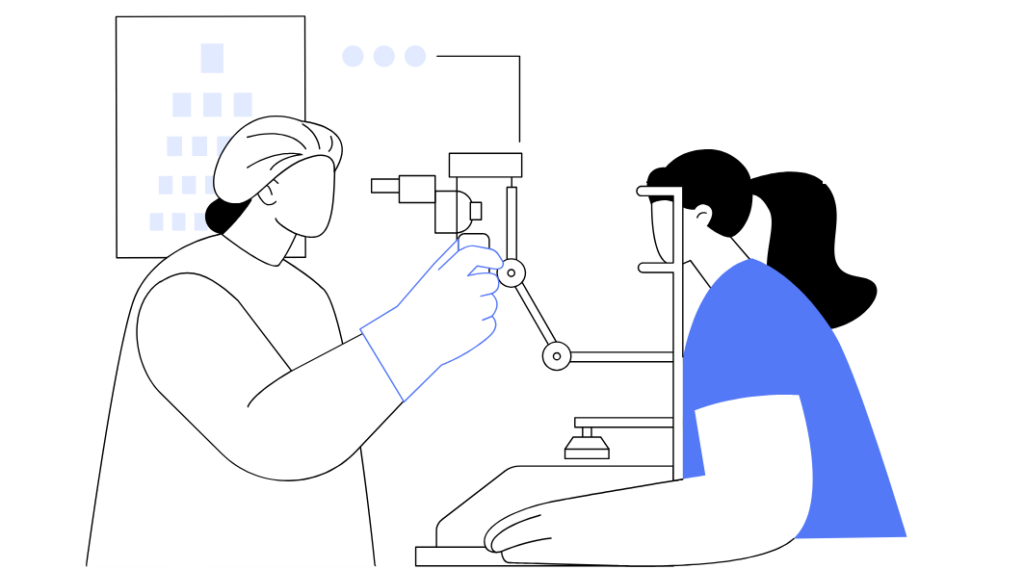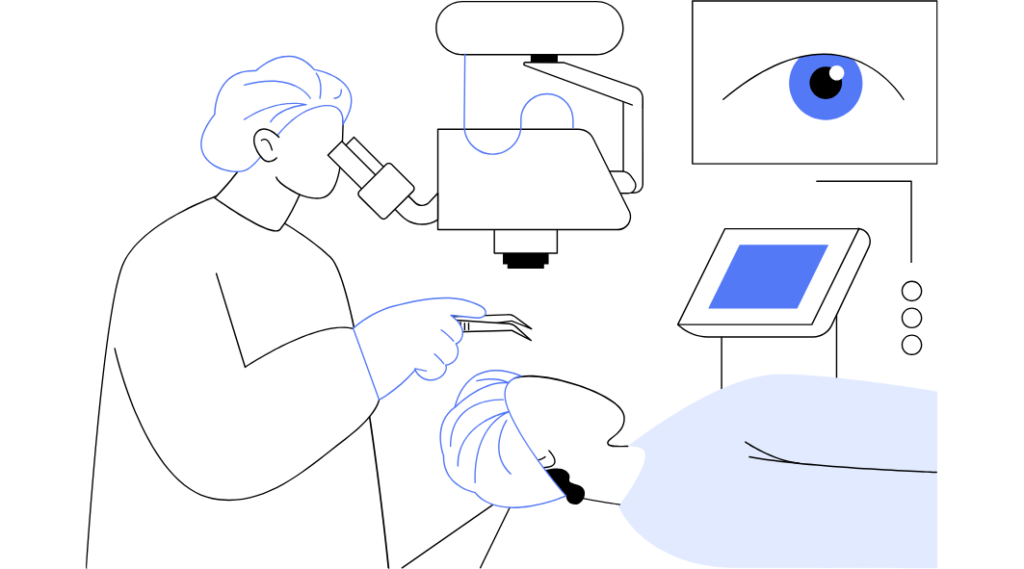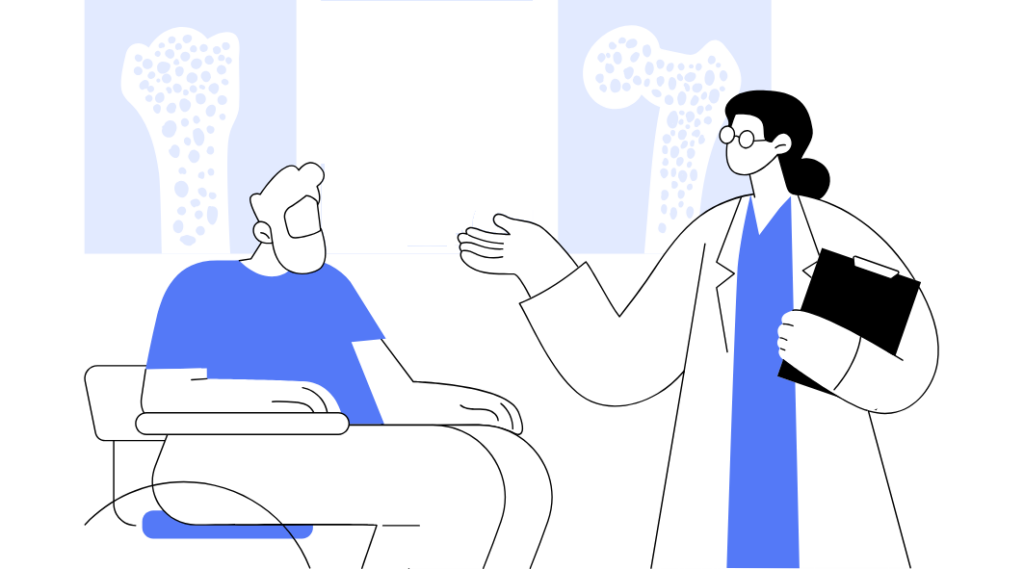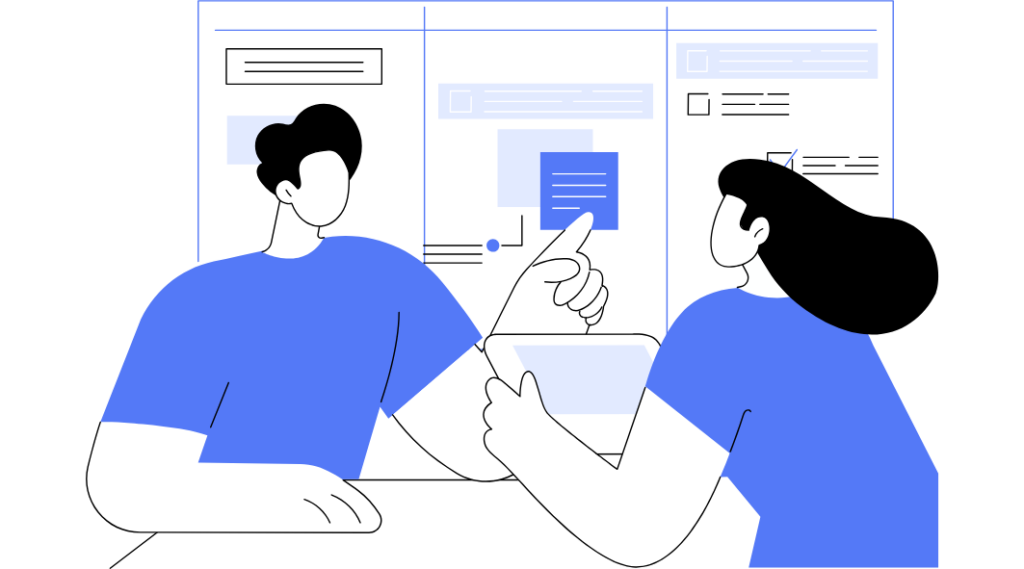Managing glaucoma can be overwhelming. Especially if you’re not sure where to start or who to turn to for advice. Please know that there’s a whole family of professionals supporting you on your individual glaucoma journey.
If you need, Glaucoma NZ is here to point you in the right direction. Here is a breakdown of your glaucoma family and when you might contact them:

1. Optometrist (Primary Eye Care Provider)
Your optometrist is usually the first person you’ll see for an eye check-up. They can examine your eyes, measure eye pressure, and check for signs of glaucoma. If they spot anything unusual, they’ll refer you to a specialist for further investigation.
Some optometrists, known as glaucoma-prescribing optometrists, have advanced training and are certified to prescribe certain medications for glaucoma, like eye drops, which may help with your treatment plan. A regular optometrist can screen you for glaucoma and general eye health, but a glaucoma-prescribing optometrist can diagnose and initiate treatment alongside the eye specialist.
Contact for: Routine eye checks, any changes in vision, questions about your glasses prescription, or general questions about your treatment if they’re a glaucoma-prescribing optometrist. Feel welcome to check in with your local optometrist for guidance in between appointments with your eye specialist (see below).

2. Ophthalmologist (Eye Specialist)
An ophthalmologist is a medical doctor specialising in eye diseases. They’re the main person responsible for managing and treating your glaucoma. There are different kinds of ophthalmologists:
General Ophthalmologist: A trained eye doctor who can diagnose and treat many eye diseases, including glaucoma. They can prescribe medication and perform some surgeries if needed.
Ophthalmologist sub-specialising in Glaucoma: An ophthalmologist who has done additional training specifically in glaucoma. They’re experts in advanced glaucoma treatments and surgeries. If your glaucoma is more complex, you may be referred to a specialist.
Your ophthalmologist, especially if they’re a glaucoma specialist, will create your treatment plan, which might include medications, laser treatments, or surgery to help manage eye pressure and protect your vision.
Contact for: Concerning changes in your vision, detailed treatment questions, discussing new treatment options, or if you experience side effects from medications.

3. Pharmacist
Your pharmacist is there to help you with the medications prescribed by your eye doctor. They’ll show you how to use eye drops properly, explain any possible side effects, and remind you when it’s time for a refill.
Contact for: Questions about your eye drops, managing any side effects, and getting refills. They can advise you on how to use your glaucoma medication.

4. General Practitioner (GP)
Your GP is your main contact for general health concerns, which can be especially important if you have other health conditions like high blood pressure or diabetes, as these can impact eye health. They might work with your eye doctor to ensure your whole health plan supports your glaucoma care, especially if you have side effects from glaucoma medications that impact your overall health.
Contact for: General health questions, side effects affecting your overall health, or managing other health issues that might impact your eye health.

5. Glaucoma NZ
Glaucoma NZ is a non-profit organisation dedicated to supporting New Zealanders and their whanau who are affected by glaucoma. Though they can’t provide direct medical care or advice, they offer reliable information. And a community of support. You can hear from specialists and connect with others who have glaucoma.
As a member of Glaucoma NZ, you have access to a wealth of information, which can help you ask informed questions at your eye appointments. And understand any new treatments that might be suitable for you.
Contact for: Understanding glaucoma, staying updated on new treatments, and finding community support for living well with glaucoma.
Contact Glaucoma NZ by email at info@glaucoma.org.nz or on 0800 452 826.